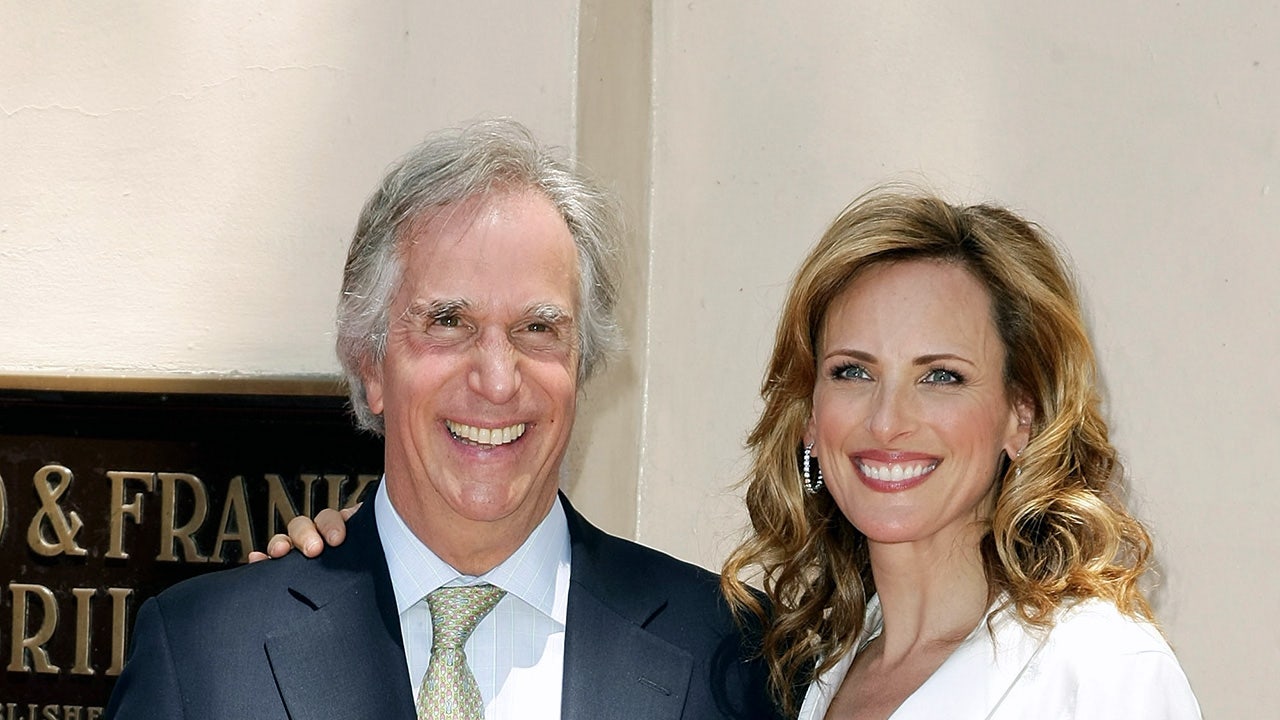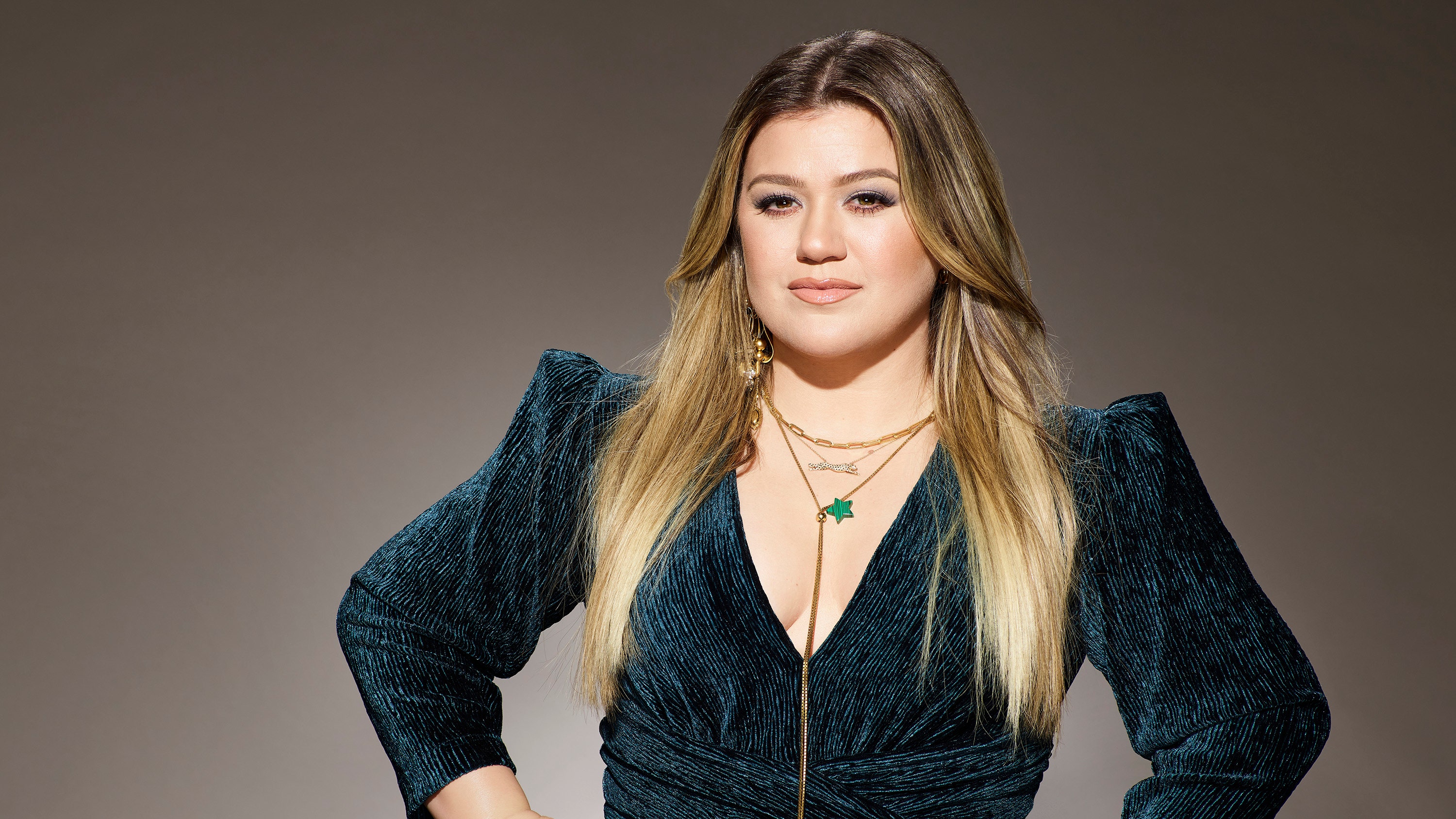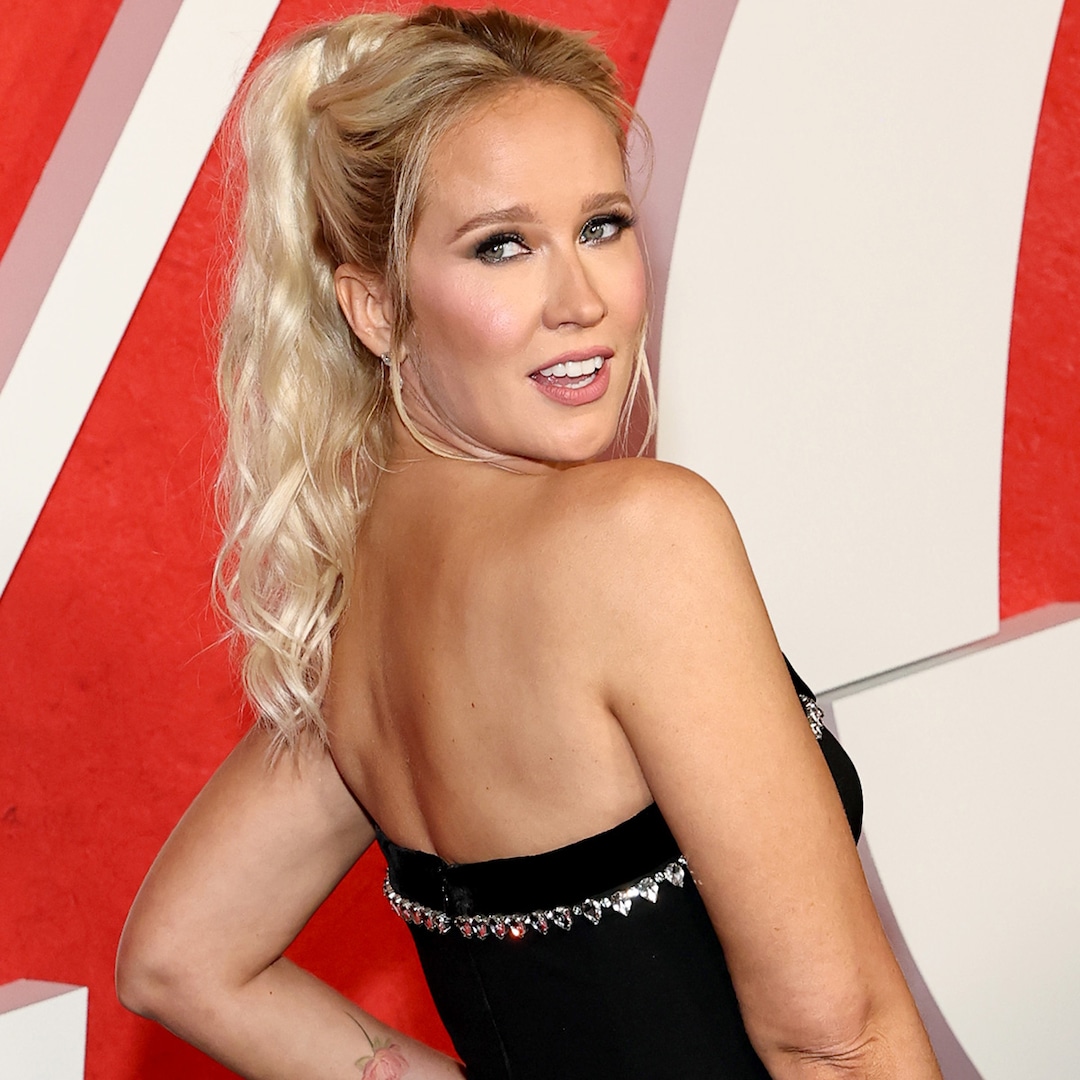What Happened
Henry Winkler, the actor best known for his role as “The Fonz” in the television series “Happy Days,” has recently been highlighted in the context of his supportive relationship with actress Marlee Matlin. Matlin, who is deaf and won an Academy Award for her performance in “Children of a Lesser God,” has spoken about her difficult past, including an abusive relationship with actor William Hurt. Following her split from Hurt, Matlin turned to Winkler for support, describing him as a mentor and friend who provided her with a safe space during a challenging time in her life. This relationship is explored in Matlin’s new documentary, “Marlee Matlin: Not Alone Anymore,” which premiered at the Tribeca Film Festival.
In the documentary, Matlin recounts how Winkler took her in after she completed rehabilitation at the Betty Ford Center. He and his wife welcomed her into their home, where she stayed for two years. Matlin credits Winkler with helping her regain her confidence and navigate her recovery, emphasizing the importance of their friendship throughout her journey.
Key Details
- Marlee Matlin’s Background: Matlin became the first deaf person to win an Academy Award for Best Actress in 1987 for her role in “Children of a Lesser God.” She has since become a prominent advocate for the deaf community.
- Henry Winkler’s Role: Winkler has been a significant figure in Matlin’s life, having first met her when she was a child performing in a variety show. He has consistently supported her career and personal development.
- Documentary Insights: “Marlee Matlin: Not Alone Anymore” not only focuses on Matlin’s professional achievements but also addresses her personal struggles, including her relationship with Hurt and her journey to sobriety.
- Winkler’s Support: Matlin describes Winkler’s home as an “open door” during her difficult times, and he provided her with emotional support and guidance. Their bond is characterized by mutual respect and understanding.
Multiple Perspectives
While Matlin’s account of Winkler’s support is overwhelmingly positive, it is essential to recognize that the dynamics of mentorship and friendship can vary significantly among individuals. Matlin’s experience highlights a successful and nurturing relationship, but it may not reflect the experiences of all individuals in similar situations.
Some critics argue that the entertainment industry has not adequately addressed the representation of deaf individuals, despite Matlin’s success. They contend that while Matlin’s story is inspirational, it should not be seen as the sole narrative for the deaf community. The documentary aims to shed light on broader issues of representation and accessibility in Hollywood, emphasizing the need for more diverse stories to be told.
Context & Background
Henry Winkler’s career began in the 1970s, and he gained widespread fame for his role in “Happy Days,” which aired from 1974 to 1984. Since then, he has continued to work in television and film, becoming a beloved figure in the industry. Winkler’s mentorship of Matlin is part of a broader narrative about the importance of support systems in the entertainment industry, particularly for marginalized individuals.
Marlee Matlin’s journey through Hollywood has been marked by both triumph and adversity. After winning her Oscar, she faced challenges related to her deafness, including limited roles and the pressure to represent the deaf community. Her advocacy work has included promoting closed captioning and supporting deaf actors in the industry.
The documentary “Marlee Matlin: Not Alone Anymore” serves as both a personal reflection and a call to action for greater representation of deaf individuals in media. It highlights the ongoing struggles faced by the deaf community and the need for more authentic storytelling.
What We Don’t Know Yet
While Matlin’s documentary provides significant insights into her life and relationship with Winkler, there are still aspects of her experiences that remain less explored. For instance, the long-term impact of her relationship with William Hurt on her personal and professional life is a complex issue that may require further examination.
Additionally, the documentary raises questions about the current state of representation for deaf individuals in Hollywood. While Matlin’s story is a powerful one, it is unclear how much progress has been made since her Oscar win in 1987, particularly in terms of opportunities for deaf actors and the portrayal of deaf characters in mainstream media.
As the conversation around representation continues, it will be important to monitor how the industry evolves and whether it addresses the concerns raised by Matlin and others advocating for change.




